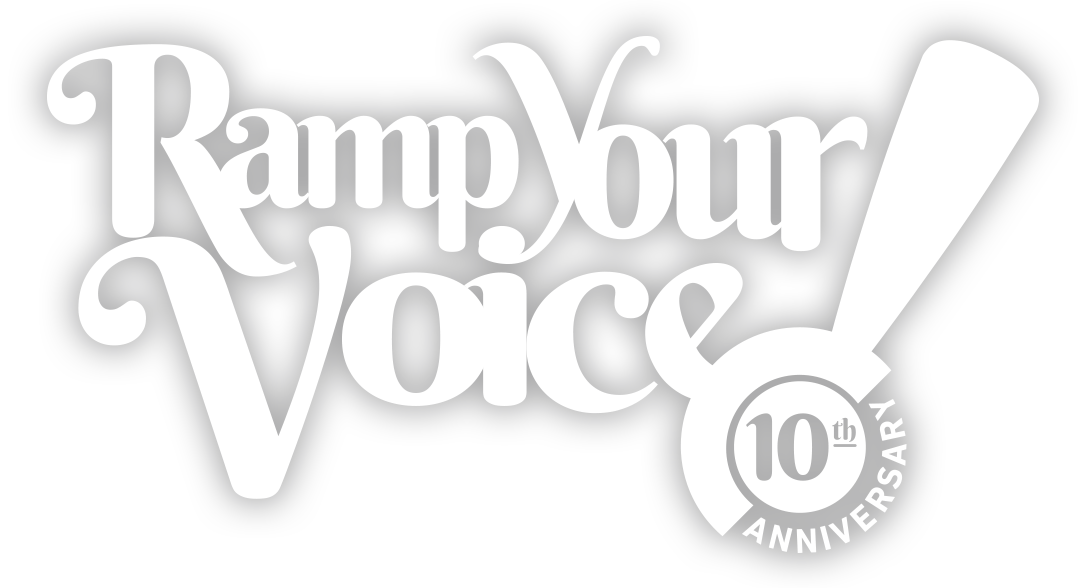Why Black Disability History Matters
For the past few years on the blog, I have featured the stories and activism of Black disabled figures who are unsung heroes during Black History Month. I began doing this because I did not want our experiences as Black disabled people to be overlooked since that has occurred for far too long. If we do not take the time to celebrate our trailblazers during and outside of February, who will?
The responses to the features over the years were astounding – the appreciation of spotlighting Black disabled achievers were seen from within and outside of disability spaces. What struck me was the anger some felt about not knowing Black disabled figures and their accomplishments; the erasure showed me that it was not just Black disabled folks like myself who needed to read these pieces. Recognizing our place in history DO matter.
This year, I wanted to take a different approach and asked a few of my fellow Black disabled friends and colleagues the following statement: “Explain why Black Disability History matters to you during Black History Month.” Each of them gave a perspective that resonated with the very reason I started doing this on the blog, and I hope it energizes each of you to seek out Black disabled figures, past and present, and uplift their work and place in Black history.
From our own voices, why Black Disability History matters:
Heather Watkins, writer and disabled mom, made the poignant statement about where our history fits:
Black Disability History matters to me a great deal because so many of our cultural icons have had disabilities, apparent and/or non-apparent as I’ve discovered. It more than likely factored in self-awareness, decision-making, and how they governed their lives. It’s an important factor that is often downplayed or gets erased in the retelling of their stories, if/when they’re stories get told at all. Black disability history is part of Black history which is American history. It needs to be chronicled and respected in the same manner we archive forebears who’ve richly contributed to the tapestry of our history and held with the same gleam and esteem. I didn’t learn about many disabled Black history-makers until I was well into adulthood and involved in advocacy. I imagine how it might’ve beneficially impacted my budding adolescent self-awareness knowing disability was part of their lived experience.
Loryn Wilson Carter, digital strategist and writer, states that we deserve to be seen:
Black disabled people deserve to be seen and they deserve to be included as part of our rich history. Not including us is to deny our very existence and deny our worth and our accomplishments. And also, it implies that Black people cannot also be disabled which is patently false. Celebrating all kinds of Blackness and Black excellence MUST include Black disabled people.
Writer and journalist Keah Brown & political consultant Neal Carter both discussed the erasure impact of historical figures being disabled:
For me, it always matters but it matters most in this month because it’s often ignored. I think now more than ever we deserve the chance to be acknowledged.
– Keah
Black Disability History matters because the stories of black disabled people are often cast aside as a result of history not being fully explained. We aren’t taught that Harriet Tubman, Fred Hampton and many figures in black history are disabled.
– Neal
Writer Imani Barbarin shares that our history is one of leadership, advocacy, and survival:
Black Disability History is the story of leadership, advocacy and survival. As a child, the people I looked up to came up in the form of older disabled black women I would see at church. As I grew up I became aware of the vast legacy of black disabled people of the past to the future; Harriet Tubman to the Vilissa Thompsons and Talila Lewis’s of the world.
The importance of representation, as author Sophia Chester describes, cannot be dismissed:
Black Disability History means a lot to me as a disabled person. I was born with cystic hygroma. I’m blind in my left eye and i’m deaf in my left ear. Each February when black history month comes around we only seem to celebrate the same three people. You already know who they are so repeat after me, MLK, Rosa Parks and Malcolm X. It’s always this same narrative every February where we celebrate the achievements of those who are able bodied. I think that this narrative needs to change. I believe that if I had seen myself represented during Black History month as a child i would have felt much better about myself. I’ve always felt like I was alone and that there weren’t as many disabled people in the world. Now that I’m older I know that simply isn’t true but I wish I knew then what I know now.
Video gamer André Daughtry’s statement resonated with me because you cannot just see us as only our parts, but as whole beings:
Black Disability History matters because I’m not Black but/or disabled, I’m Black and disabled all day, every day.
I know next to nothing about BDH within the larger context of BHM and that to me is rather shameful, having a part of my experience and existence swept under the rug.
The overarching themes from everyone are: we have always been here, our voices and work will not be ignored, and you will put some respect on our names.
To learn more from those featured, you can find them all on Twitter by clicking their names: Heather, Loryn, Keah, Neal, Imani, Sophia, and André.

